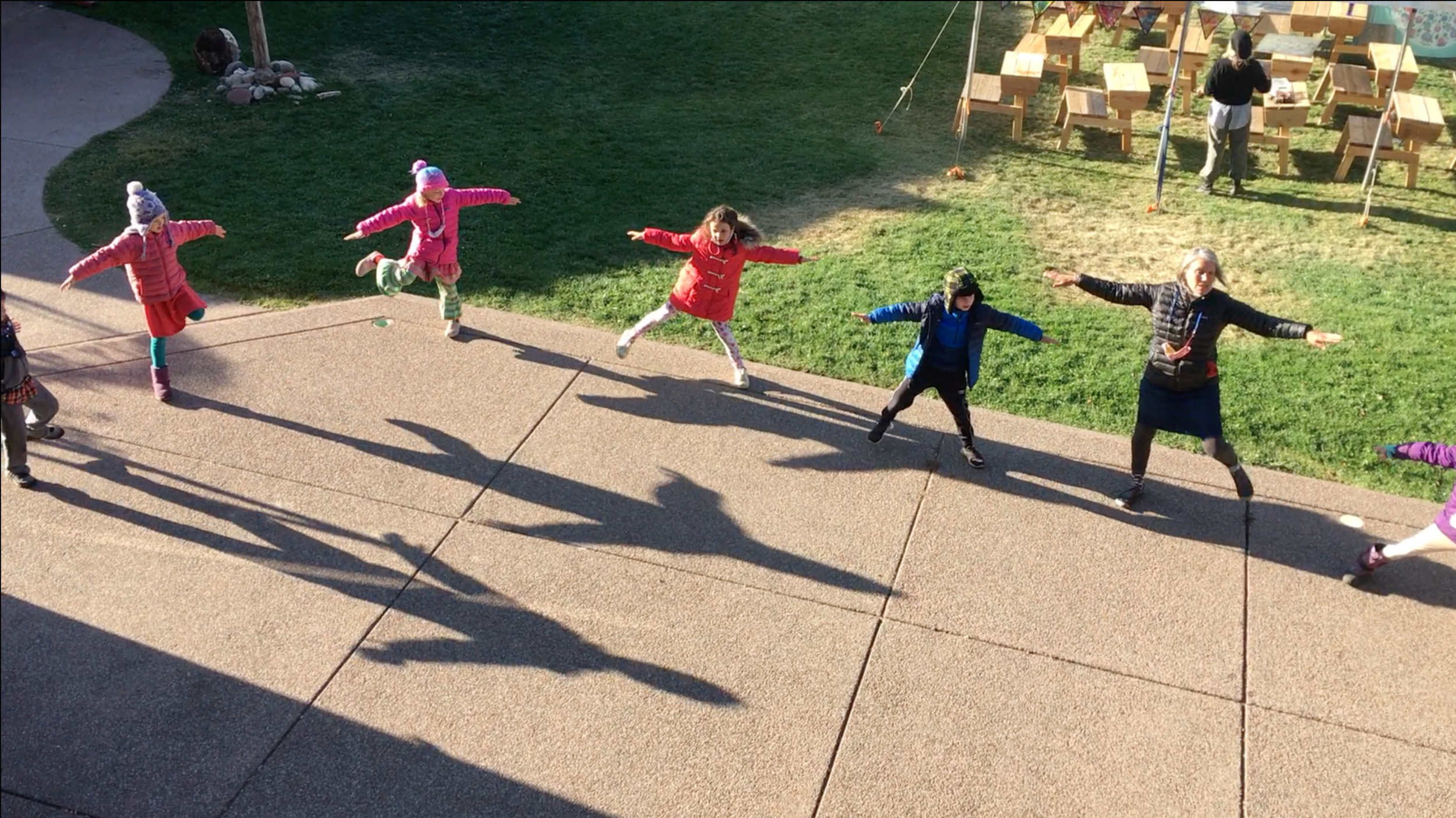Preparing Our Students: What is the Role of Social-Emotional Learning?
A few lessons have become hard to ignore in a rapidly changing global landscape: mental health is vital to longterm resilience and there’s more to learning than mathematics and literacy. With this in mind, how can we prepare children to navigate an ever changing world and ensure they have the tools and capacities necessary to find longterm success on both a personal and professional level? According to a recent article published in Forbes, “It’s become increasingly critical that we embrace and embed social and emotional learning (SEL) in both in-school and out-of-school environments.”
What exactly is SEL and why does it matter? According to the Forbes article, “The Collaborative for Academic, Social, and Emotional Learning (CASEL) has established five core competencies for this framework: self-awareness, self-management, social awareness, relationship skills and responsible decision-making. Each component can have a profound effect on youth as they grow and pursue their dreams.”
Academic learning as we traditionally think about it (mathematics, literacy, geographic and cultural understanding for example) have become a given within most school curriculum. These components are absolutely critical knowledge for all graduates to possess but they are only a starting point in our opinion. Waldorf Curriculum is deeply focused on nurturing the human skills that go beyond academic knowledge and instead equip individuals with the capacities and understanding necessary to navigate our world.
In another recent article from The Guardian, “Being adaptive,” remarked the researchers, “is a 21st-century skill.” The article goes on to note: “To create a system that equips young people to face the challenges of the 21st century, we need to look at every aspect of what they do at school. This means teaching children to understand their minds and bodies, encouraging them to have contact with nature, helping them to negotiate relationships with others, fostering excellent communication skills, and nurturing creativity. Philosophers know this, and parents know it; it’s about time policymakers caught up.” Waldorf Education puts emphasis on learning that goes beyond memorization and moves into the wellbeing of our whole student body.
“An emerging benefit of explicit SEL instruction is that it builds the emotional intelligence and agility that business and industry is starting to name among the most desired workforce skills. For both their well-being and their future economic opportunities, SEL is power.”
According to Forbes, “SEL can help students better understand and identify their emotions; it can help them develop empathy, increase self-control and manage stress. It also helps them build better relationships and interpersonal skills that will serve them in school and beyond, helping them succeed as adults.”
Waldorf curriculum supports this development in students through a number of avenues including physical movement and collective group work, singing, music and the arts are all key curriculum elements. According to Bryon Sanders, these are excellent tools to nurture SEL. Our curriculum also takes into consideration the emotional and individual needs to students, giving them a safe space to express their feelings, feel supported and grow comfortable in navigating their emotions. The impact is graduates with not only academic knowledge, but a self awareness that allows them to grow into themselves and the communities around them; Capacities we think are vital to navigating our ever changing world.

